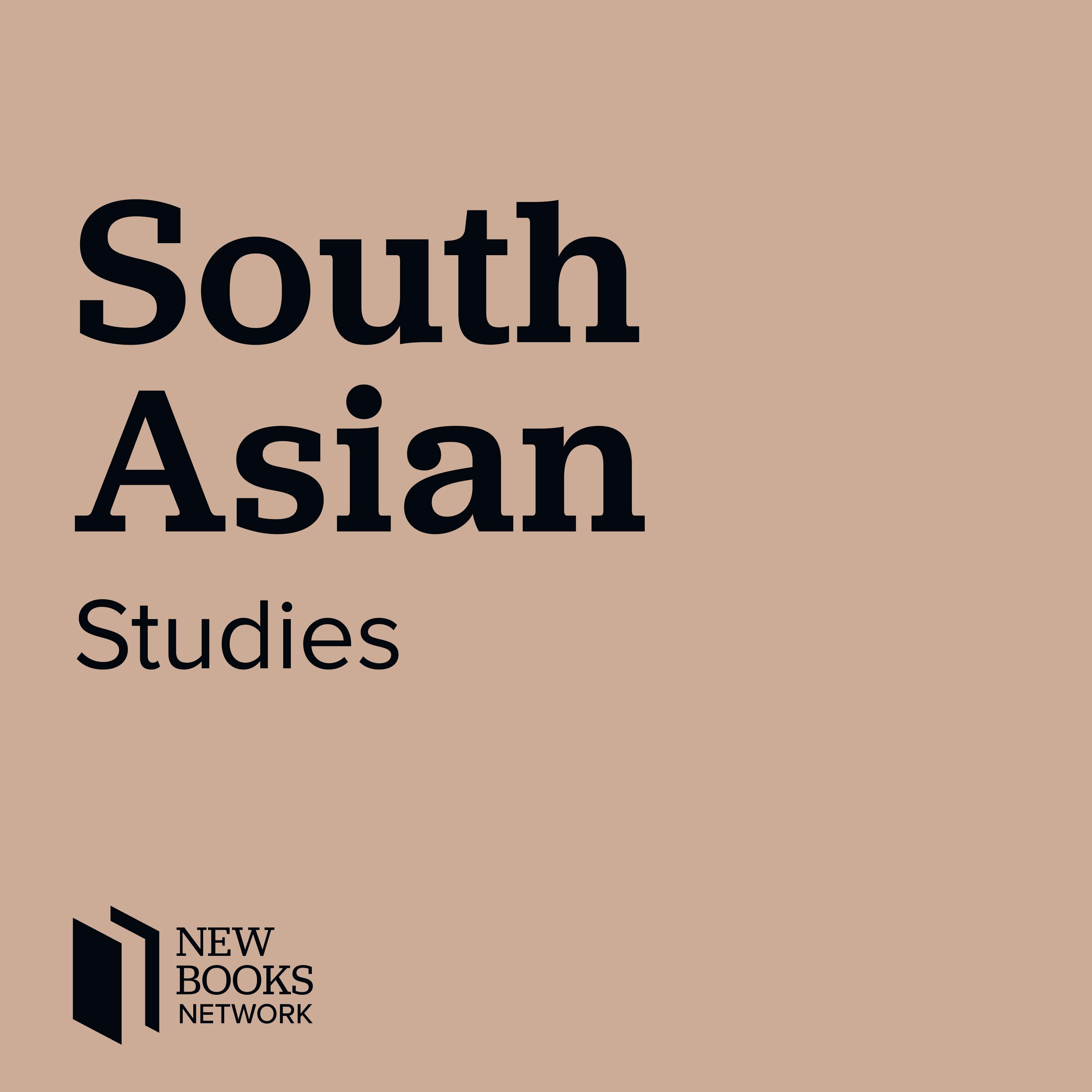Mukund Padmanabhan, "The Great Flap of 1942: How the Raj Panicked over a Japanese Non-invasion (Vintage Books, 2024)
Description
In April 1942, at least half a million people fled the city of Madras, now known as Chennai. The reason? The British, after weeks of growing unease about the possibility of a Japanese invasion, finally recommended that people leave the city. In the tense, uncertain atmosphere of 1942, many people took that advice to heart–and fled.
The Japanese, of course, did not invade in 1942. But between the attack on Pearl Harbor and, say, mid-1942 when the Allies held back the Japanese advance, both the Indian colonial establishment and pro-independence activists thought carefully about the possibility of invasion—and how to respond to it, if it happened.
Mukund Padmanabhan writes about this panic in his first bookThe Great Flap of 1942: How the Raj Panicked over a Japanese Non-invasion (Vintage Books, 2024). In this interview, Mukund and I talk about the fierce debates in India about how to respond to the threat of a Japanese invasion.
Mukund Padmanabhan is the former Editor of The Hindu, one of India’s largest and most respected newspapers. He was appointed to the post in 2016, after having been Editor of the business daily, Hindu BusinessLine. He is currently a Distinguished Professor of Philosophy at Krea University, near Chennai.
You can find more reviews, excerpts, interviews, and essays at The Asian Review of Books, including its review of The Great Flap of 1942. Follow on Twitter at @BookReviewsAsia.
Nicholas Gordon is an editor for a global magazine, and a reviewer for the Asian Review of Books. He can be found on Twitter at @nickrigordon.
Learn more about your ad choices. Visit megaphone.fm/adchoices
Support our show by becoming a premium member! https://newbooksnetwork.supportingcast.fm/south-asian-studies
More Episodes
Gendered Publics: Chandraprava Saikiani and the Mahila Samiti in Colonial Assam (Oxford UP, 2024) is a first-of-its-kind comprehensive appraisal of the relatively unexplored but highly impactful women’s associations, the Assam Mahila Samiti (1926 cont.) which led one of the most remarkable...
Published 05/08/24
Sreeparna Chattopadhyay's book The Gravity of Hope (Crossed Arrows, 2023) is a non-fictional account of women’s lives who sometimes endured, often resisted and ultimately coped with marital violence as best as they could in an informal settlement in northeastern Mumbai. It uses anthropological...
Published 05/06/24
Though fascinated with the land of their tradition’s birth, virtually no Japanese Buddhists visited the Indian subcontinent before the nineteenth century. In the richly illustrated Seeking Śākyamuni: South Asia in the Formation of Modern Japanese Buddhism (U Chicago Press, 2019), Richard M. Jaffe...
Published 05/05/24


